I really feel for those clients that come to us as their second or even third source, after getting burned by hiring previous agencies or web developers. Those clients usually present us with a half finished, semi-functional website and want to know if we can pick up where their last hire left off. As much as we want to say, “YES!” sometimes we’re forced to explain that they need to start over from scratch because their unfinished website is on lock down and therefore inaccessible. And this is AFTER they have invested money, only to realize they do not own their own website and they do not have access to change any content or make updates to their site. So, before you hire an agency for your company website, here’s a checklist of some important terms that need to be set in stone:
1. You Own Your Content
A reputable marketing agency will create a contract with you from the very beginning before any work is done protecting your rights to your deliverables. That way, once it’s complete the way you want, you own ALL content and have 100% access to it. Plus, you don’t ever have to worry about that agency going out of business because you can take your website anywhere and give them the log in credentials so they can make changes to it.
This is so important because your company’s website is your store front online. It represents your company and therefore you should be the one making changes and updates to reflect your business. If someone else owns the content, you will be paying each and every time you need to contact them to make a change. You’re also relying on them to do it promptly, and you probably won’t rank high on their priority list. So it’s best to outline who owns the content and accessibility to it from the beginning.

2. Use Open Source Software
Want to know a dirty little secret? A lot of web developers create job security for themselves by programming your small business website in their own custom coding, meaning they are the only ones who can make changes to it. You hate the idea of starting over and paying to hire a new agency to create a brand new website for you, so you keep coming back. But the truth is, a good agency will code your website using open source software that anyone can make changes to like WordPress (our favorite!), Joomla, Drupal, and Magento. If your developer isn’t willing to program in open source, that should be a red flag that you are being trapped into working solely with them with no option of moving your website to another agency if you become unhappy.
3. Budget for Growth
A $500 website can be tempting, especially after all the costs you have already invested in your company. But a lot of people don’t understand the difference in website costs and often get trapped into a low level cost that ends up costing more money in the long run to fix. For example, often times the upfront cost of a site is cheap because the developer offers no custom programming. You get whatever the preset theme is capable of, nothing more. Then unfortunately, when your company grows and you need to make changes and updates to your site, you can’t. Suddenly need blogging ability? Too bad. Need your company site to sell your products online? Oh well. You get what you pay for. Don’t let your website limit your company’s growth. Try and budget for an agency that can expand your company’s online marketing capabilities as you need them.
4. You Own Your Domain Name & Web Hosting
Do not allow any company to put themselves as owners of your domain name. This means you cannot take it with you and you cannot control it. It’s perfectly acceptable to pay the agency to acquire and set up the domain name for you, but be sure you are listed as the owner.
Likewise, it’s typical to have your agency set up web hosting on your behalf as they may better know what your site requires such as the hosting platform, memory requirements and storage capacity. But make sure that the hosting is done at a third party provider (we like Flywheel), it is purchased under your own name, using your own billing details and that you have full access to all of the account administration and files. The contract should be clear that you own your own hosting and all hosted files.
Having control of your company’s website is key in saving money in the long run. By ensuring these points are hammered out in a contract from the beginning, it will protect you from the cost of having to start over if you become unhappy with your web developer. It will also protect you from the anxiety of paying for a new website once your small business grows, as well as the fear of losing control of your site if your developer goes out of business.
Have any questions for us on how to move forward after a bad web developer experience? Shoot us an email or comment below. We would love to hear your story.




Comments